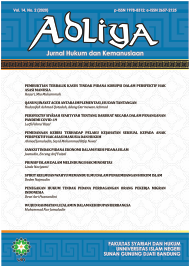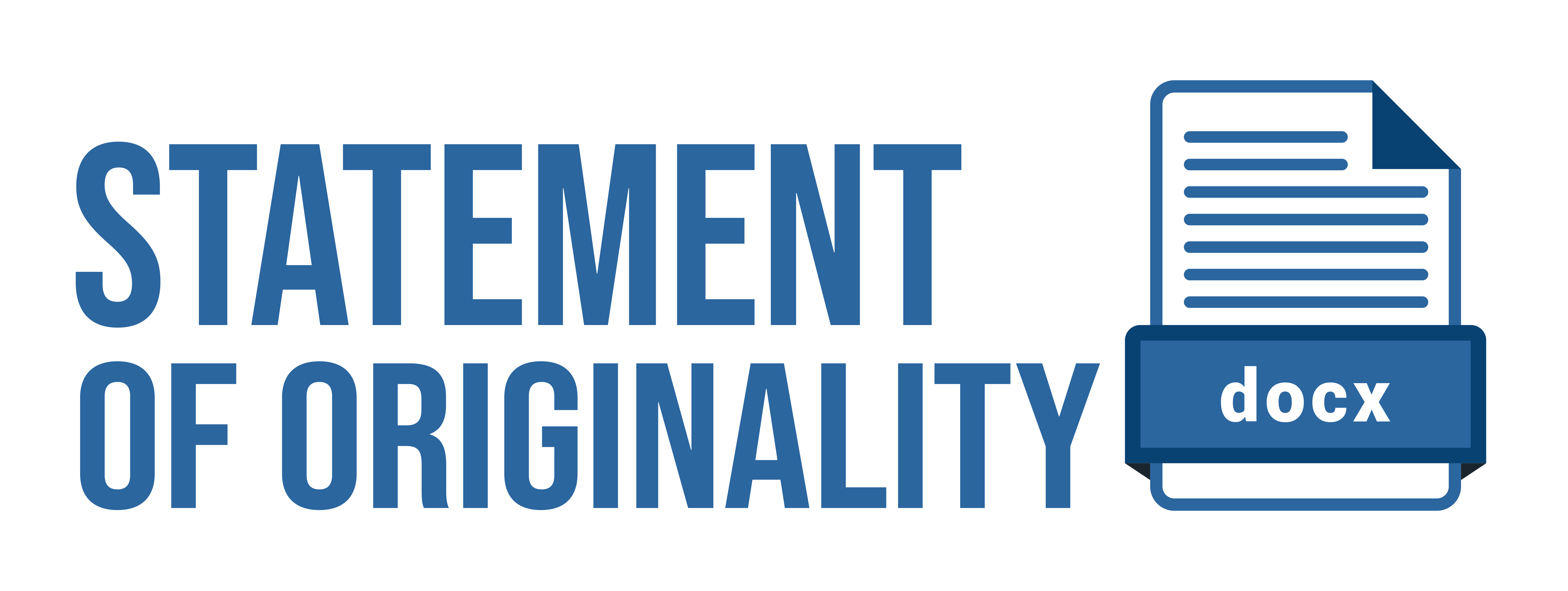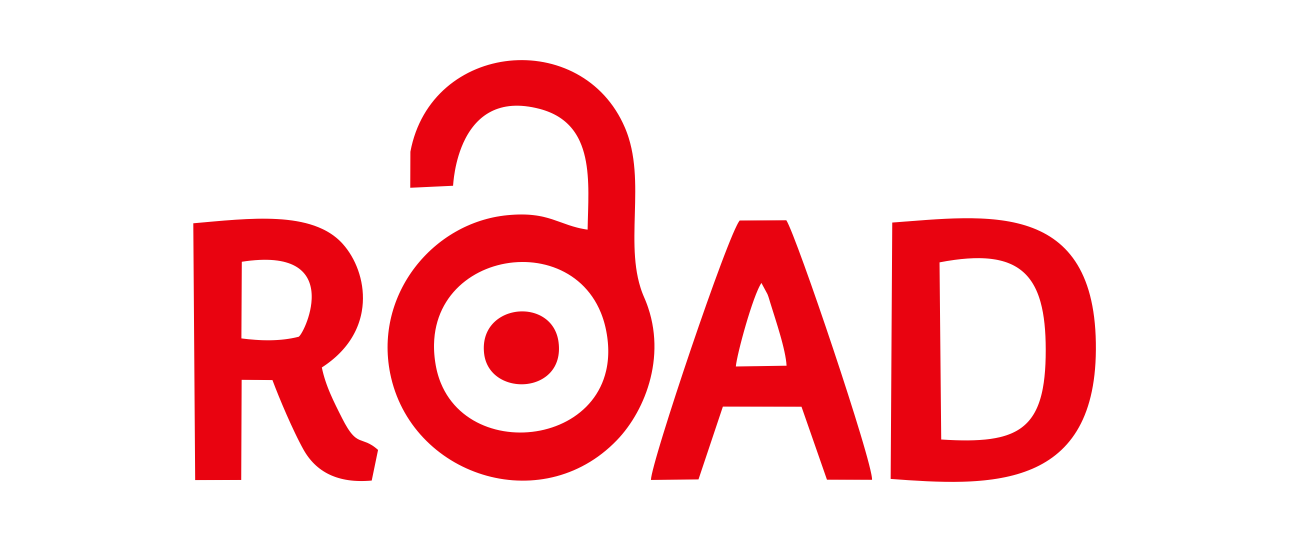PEMBUKTIAN TERBALIK KASUS TINDAK PIDANA KORUPSI DALAM PERSPEKTIF HAK ASASI MANUSIA
DOI:
https://doi.org/10.15575/adliya.v14i2.9605Keywords:
Reverse Proof, Corruption, Human RightsAbstract
Corruption is considered a great crime and requires special handling. In handling corruption, special handling is needed by using the proof reversed or reversal of the burden of proof but in a balanced manner. The purpose of this study is to explain the reverse evidence of corruption from a human rights perspective. This research uses the empirical normative legal research method, namely the combination of normative legal provisions (laws) with practical elements (legal events in society/social elements). The study results state that the theory of reverse proof of corruption cases based on a human rights perspective does not violate the principles and respect for the rights of the defendants in the general principles of criminal law.
References
Bo’a, Fais Yonas. “Pancasila Sebagai Sumber Hukum Dalam Sistem Hukum Nasional Pancasila as the Source of Law in the National Legal System.†Jurnal Konstitusi 15, no. 1 (2018): 27–49.
Butarbutar, Elisabeth Nurhaini. “Arti Pentingnya Pembuktian Dalam Proses Penemuan Hukum Di Peradilan Perdata.†Mimbar Hukum 22, no. 2 (2010): 347–59. https://doi.org/10.22146/jmh.16225.
El, Majda Muhtaj. Hak Asasi Manusia Dalam Konstitusi Indonesia. Jakarta: Kencana, 2004.
Hafidz, Jawade. “Efektifitas Pelaksanaan Sistem Pembuktian Terbalik Terhdap Perkara Korupsi Dalam Mewujudkan Negara Hukum Di Indonesia.†Sultan Agung 14, no. 118 (2009): 39–64.
Hamzah, Andi. Asas-Asas Hukum Pidana. (Bandung: Rineka Cipta, 2008.
Harahap, Nursapia. “Penelitian Kepustakaan.†Jurnal Iqra’ 08, no. 01 (2015): 68–73.
Harahap, Yahya. Pembahasan Permasalahan Dan Penerapak KUHAP. Jakarta: Sinar Grafika, 2009.
Kartayasa, Mansur. Korupsi Dan Pembuktian Terbalik Dari Perspektif Kebijakan Legislasi Dan Hak Asasi Manusia. Jakarta: Kencana, 2017.
Rahim, Abdan. “Kepemimpinan Pendidikan Anti Korupsi Perspektif Pendidikan Islam.†Al Falah 19, no. 1 (2019): 102–23.
Rozi, Fachrul. “Sistem Pembuktian Dalam Proses Persidangan Pada Perkara Tindak Pidana.†Jurnal Yuridis Unaja 1, no. 2 (2018): 19–33.
Sonata, Depri Liber. “Metode Penelitian Hukum Normatif Dan Empiris: Karakteristik Khas Dari Metode Meniliti Hukum.†Fiat Justisia Jurnal Ilmu Hukum 8, no. 1 (2014): 15–35.
Supriyanto, Bambang Heri. “Penegakan Hukum Mengenai Hak Asasi Manusia (HAM) Menurut Hukum Positif Di Indonesia.†Al-Azhar Indonesia Seri Pranata Sosial 2, no. 3 (2014): 151–68. https://jurnal.uai.ac.id/index.php/SPS/article/view/167/156.
Wiriadinata, Wahyu. “Korupsi Dan Pembalikan Beban Pembuktian.†Jurnal Hukum & Pembangunan 43, no. 1 (2017): 117. https://doi.org/10.21143/jhp.vol43.no1.1508.
Downloads
Published
How to Cite
Issue
Section
Citation Check
License
Authors who publish in ADLIYA: Jurnal Hukum dan Kemanusiaan agree to the following terms:
- Authors retain copyright and grant the journal right of first publication with the work simultaneously licensed under a Attribution-ShareAlike 4.0 International (CC BY-SA 4.0) License that allows others to share the work with an acknowledgment of the work's authorship and initial publication in this journal.
- Authors are able to enter into separate, additional contractual arrangements for the non-exclusive distribution of the journal's published version of the work (e.g., post it to an institutional repository or publish it in a book), with an acknowledgment of its initial publication in this journal.
- Authors are permitted and encouraged to post their work online (e.g., in institutional repositories or on their website) prior to and during the submission process, as it can lead to productive exchanges, as well as earlier and greater citation of published work (See The Effect of Open Access).
















